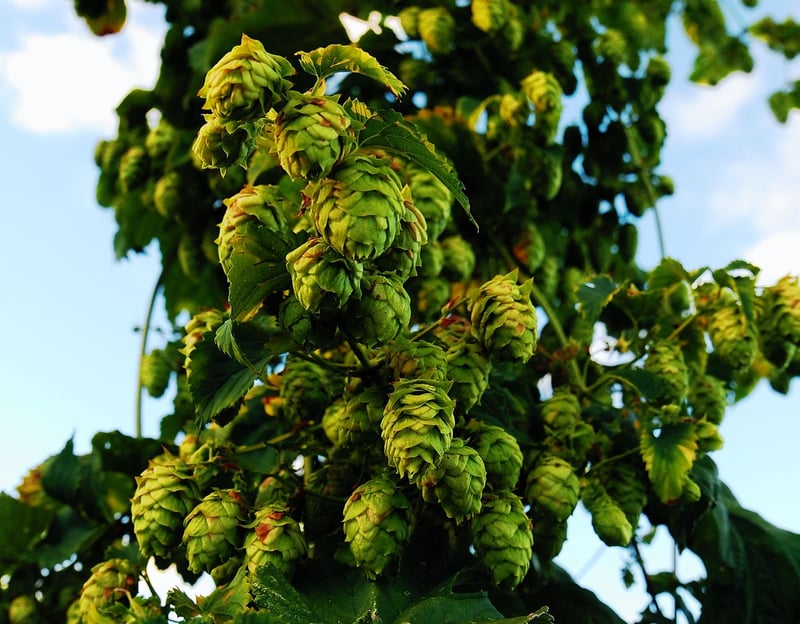Locally Sourced
Supporting the Environment Through Food: The Benefits of Locally Sourced Produce

In recent years, there has been a growing awareness of the impact of our food choices on the environment. One way to support sustainability and reduce carbon footprints is by opting for locally sourced produce. Not only does this benefit the environment, but it also has numerous advantages for both consumers and communities.
What Does Locally Sourced Mean?
Locally sourced food refers to products that are grown or produced close to where they are consumed. This typically means food that is sourced from within a certain radius, often within the same region or state. By choosing locally sourced produce, you are supporting nearby farmers and businesses while minimizing the environmental impact of long-distance transportation.
Benefits of Choosing Locally Sourced Produce
- Reduced Carbon Footprint: Locally sourced food travels shorter distances from farm to table, reducing greenhouse gas emissions associated with transportation.
- Fresher and More Nutritious: Produce that is locally sourced is often fresher, as it spends less time in transit. This can result in higher nutritional value compared to produce that has traveled long distances.
- Supporting Local Economy: Buying locally sourced food supports local farmers and businesses, contributing to the economic vitality of the community.
- Promoting Biodiversity: Local farmers often grow a variety of crops, promoting biodiversity and preserving traditional farming practices.
- Food Security: By supporting local food systems, communities can enhance their food security and resilience in the face of global challenges.
How to Incorporate Locally Sourced Produce Into Your Diet
There are several ways to incorporate locally sourced produce into your diet:
- Visit farmers' markets or join a community-supported agriculture (CSA) program to access fresh, locally grown produce.
- Check the labels at grocery stores for information on the origin of the produce.
- Grow your own fruits and vegetables in a backyard garden or participate in a community garden.
- Support restaurants and food establishments that prioritize locally sourced ingredients.
By making conscious choices about the food we consume, we can play a part in supporting the environment, promoting sustainability, and contributing to the well-being of our communities. Choose locally sourced produce for a healthier planet and a brighter future!

